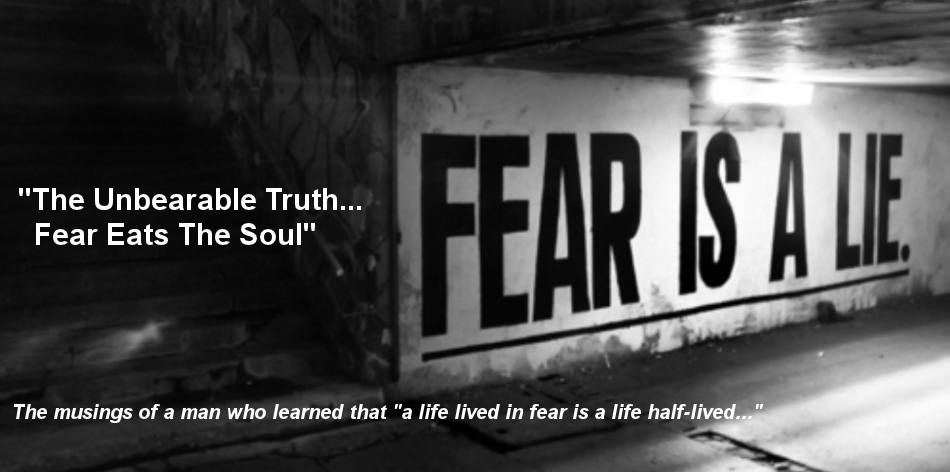Vaughn Walker, retired judge, reflects on Prop. 8
Bob Egelko, Chronicle Staff Writer
April 6, 2011
Retired U.S. District Judge Vaughn Walker says he hopes higher courts review his ruling on same-sex marriage on its merits.
The now-retired federal judge who struck down California's ban on same-sex marriage shared his reflections with reporters for the first time Wednesday, saying that the trial should have been televised and that he never considered stepping aside because he is gay.
"If you thought a judge's sexuality, ethnicity, national origin (or) gender would prevent the judge from handling a case, that's a very slippery slope," former Chief U.S. District Judge Vaughn Walker told reporters in a conference room at the San Francisco courthouse where he served for 21 years.
"I don't think it's relevant," he said.
Independent thinker
Walker, 67, who retired from the bench at the end of February, also said he thinks his ruling was correct and he hopes higher courts review the case on its merits.
He discussed the case in his first meeting with reporters since he announced his retirement in September.
A former corporate lawyer who was appointed to the bench by President George H.W. Bush, Walker proved to be an independent thinker - a libertarian who advocated decriminalization of drugs and issued groundbreaking rulings limiting government power and expanding individual rights.
His most prominent ruling was his August decision overturning Proposition 8, the November 2008 initiative that amended the state Constitution to outlaw same-sex marriage.
Same-sex-marriage ruling
After a 12-day trial that included testimony by gay and lesbian couples and experts on the history and purpose of marriage, Walker ruled that Prop. 8 discriminated on the basis of sexual orientation and gender and did not benefit heterosexual spouses or the marital institution.
The measure's sponsors have asked a federal appeals court to overturn the ruling, but the court has questioned whether the sponsors have legal standing - the right to represent the state's interests - after then-Gov. Arnold Schwarzenegger and Attorney General Jerry Brown declined to appeal.
Walker first raised that issue in August, citing a U.S. Supreme Court decision that expressed doubt about whether sponsors of an initiative can stand in for state officials. But he said Wednesday he'd prefer to see the appeals court decide whether Prop. 8 is unconstitutional.
If Prop. 8 is invalidated because no one has the standing to defend it, he said, it will leave "a sense of the issue not having been resolved."
The Chronicle first disclosed Walker's sexual orientation during the trial, a fact he had neither discussed publicly nor tried to conceal. He said Wednesday he'd been surprised that it hadn't surfaced earlier and had surmised that "every journalist had decided it was not news."
The disclosure prompted some opponents of same-sex marriage to accuse Walker of bias and demand that he disqualify himself. Walker noted Wednesday that no parties in the case, including Prop. 8's sponsors, ever made such a request, and said, "I never thought it was appropriate to recuse from that case."
Television coverage
Walker also tried to have the trial televised as part of a pilot project approved by the Ninth U.S. Circuit Court of Appeals, but the Supreme Court intervened at the request of the measure's sponsors, who said their witnesses might back out for fear of retribution if they knew a large audience would be watching.
The high court said Walker had failed to give enough advance public notice and also questioned whether such a high-profile case should be telecast. But Walker said Wednesday that trials of great public interest - Prop. 8, or the current Barry Bonds perjury trial - are the ones that should be most visible outside the courtroom.
"We are supposed to have public trials in this country," he said, and the only way that can happen now is "to admit the public by their eyes and ears."
Walker said the Supreme Court may have been motivated by its unwillingness to televise its own proceedings - a stance he called "very hard to understand." Camera coverage would expose Americans to a range of arguments and the high quality of lawyers and the court system, he said.
Walker is returning to private law practice as head of a San Francisco firm that will specialize in mediation, arbitration and other alternatives to litigating complex civil cases. Those were his most satisfying cases as a judge, he said.
He was also the judge who ruled the George W. Bush administration's warrantless wiretapping of suspected terrorists illegal and rejected Apple Computer's claim that Microsoft Corp. had illicitly copied Apple Macintosh features in the Windows operating system.
But Walker said his favorite trial was the 2000 case in which he approved Hearst Corp.'s purchase of The Chronicle. It had everything, he said - local color, meaty antitrust issues, surprising testimony, and political and journalistic intrigue.
"If every trial were like that, I'd stay forever," he said.
*******
"Fear Eats the Soul"


No comments:
Post a Comment
Comments may be moderated and will appear within 12 hours if approved.